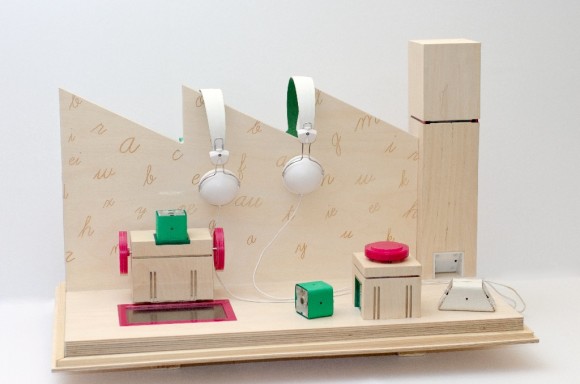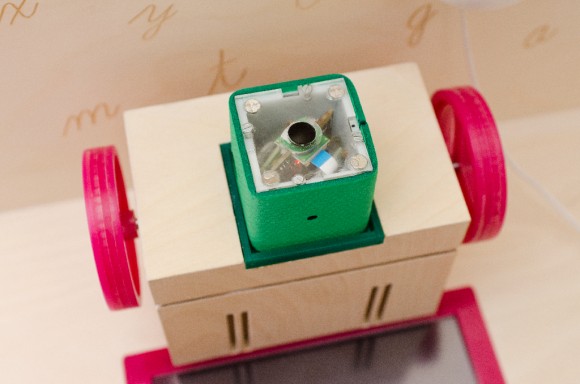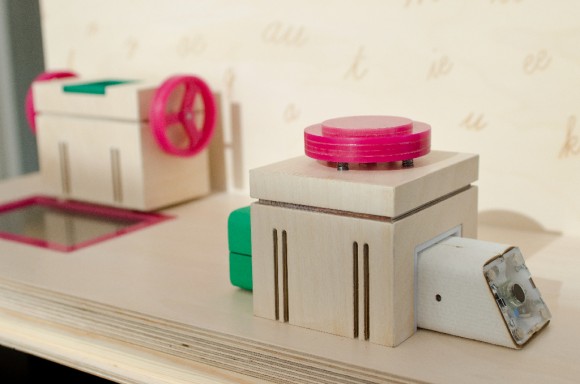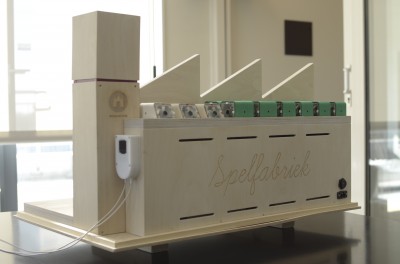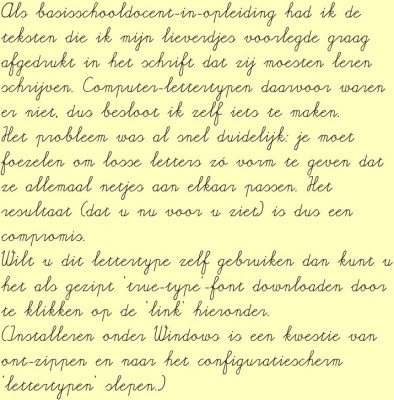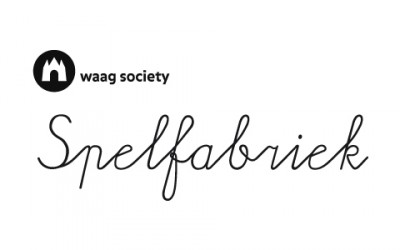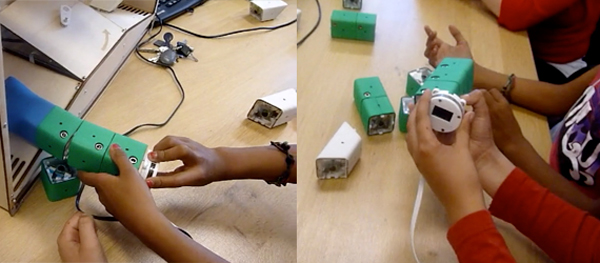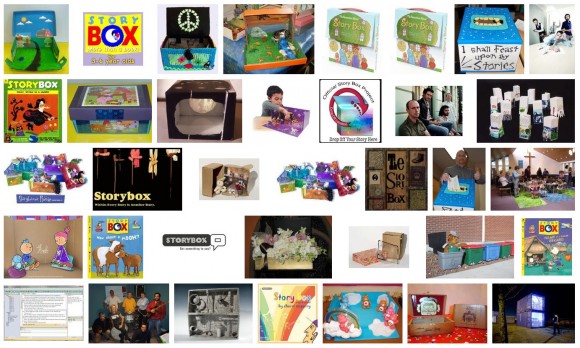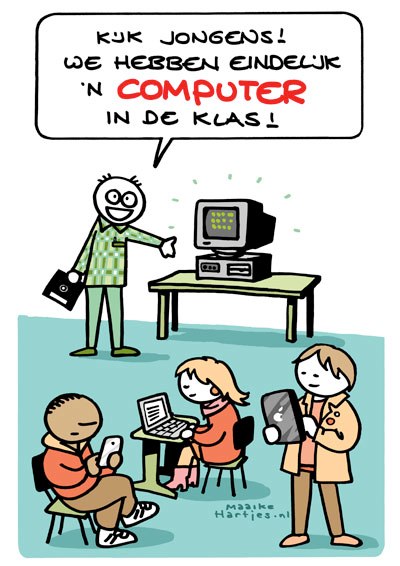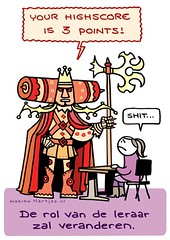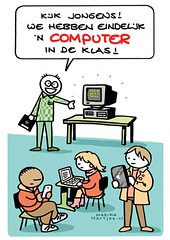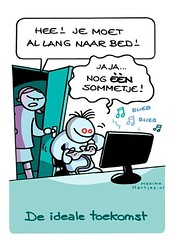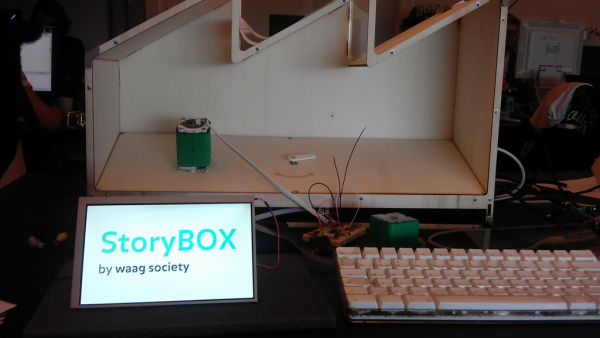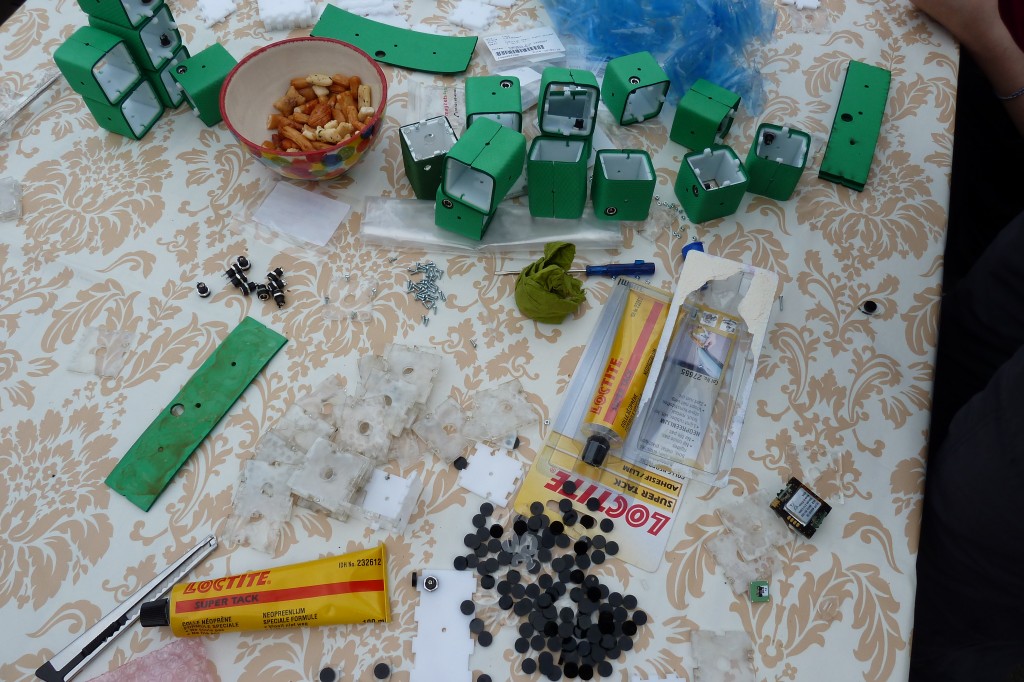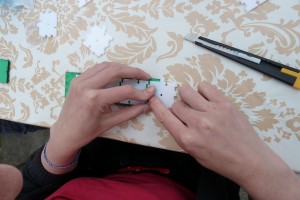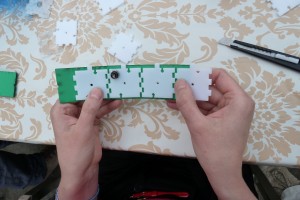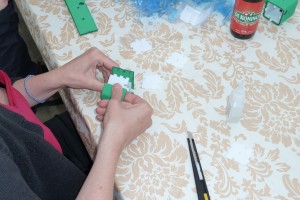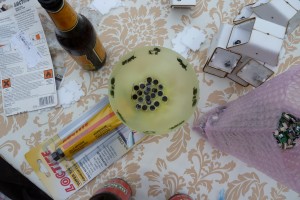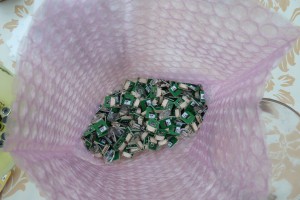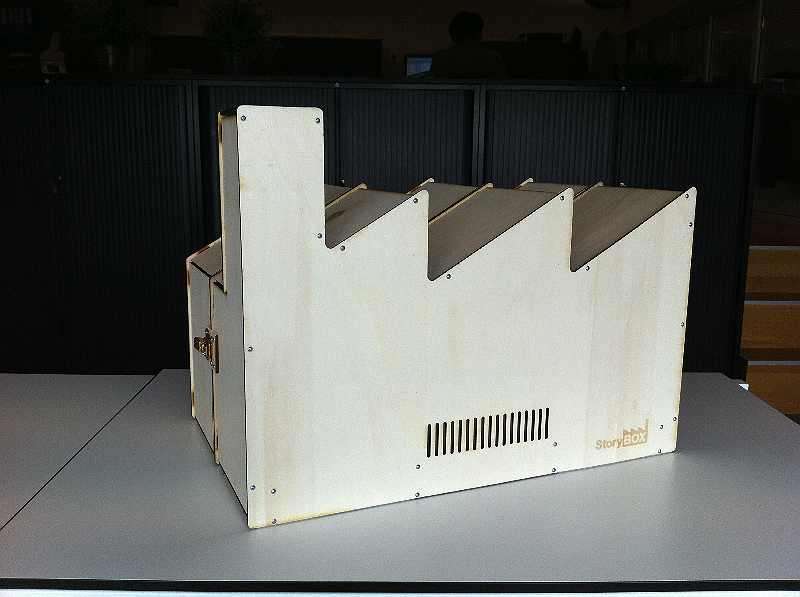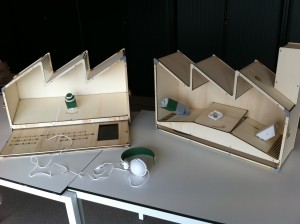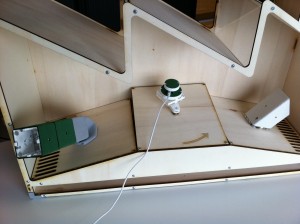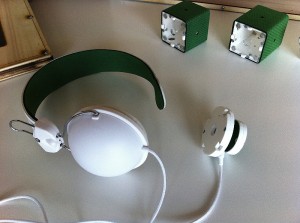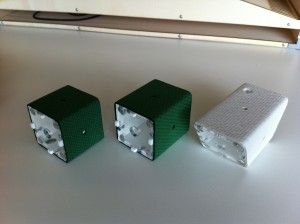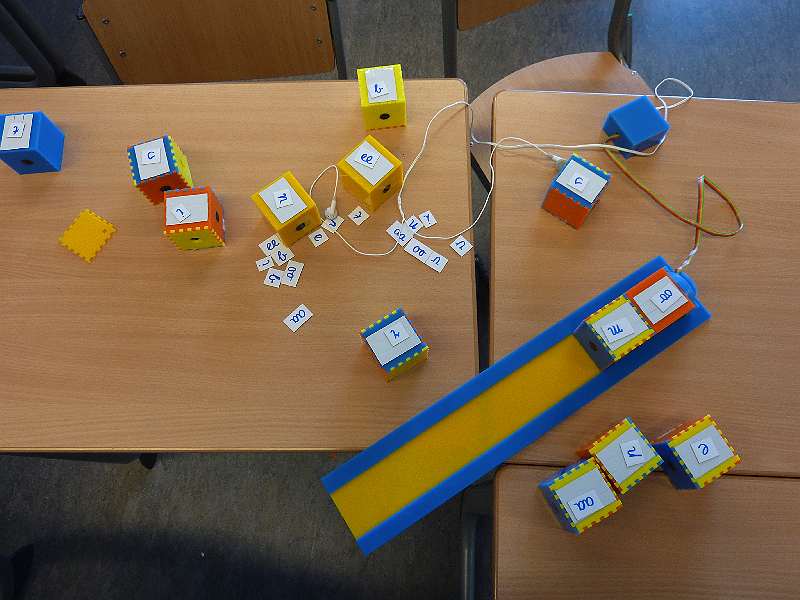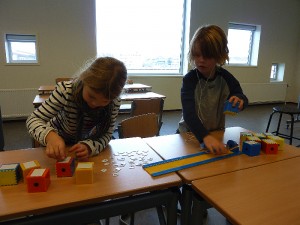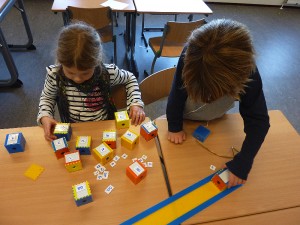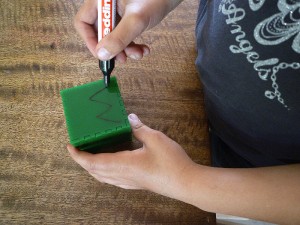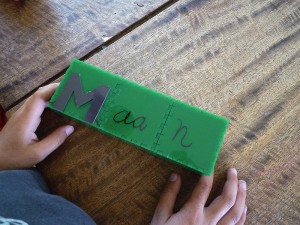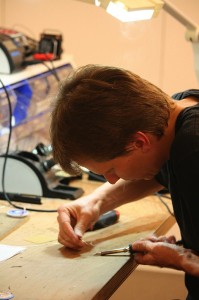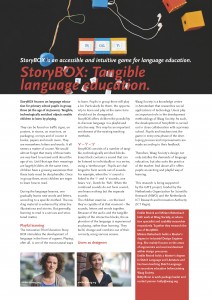
StoryBOX focuses on language education for primary school pupils in group three (at the age of six/seven). Tangible, technologically enriched objects enable children to learn by playing.
They can be found on traffic signs, on posters, in stores, on monitors, on packaging, on toys and of course in books, papers and much more. They are everywhere: letters and words. It all seems a matter of course. We would almost forget that many of those texts are very hard to unravel until about the age of six. Until that age their meanings are largely hidden. At the same time, children have a growing awareness that these texts must be decipherable. Once in group three, most children are eager to learn how to read.
During the language lessons, one gradually learns new words and letters, according to a specific method. The reading material is enhanced by attractive illustrations and stories. But generally, learning to read is a serious and structured matter.
Playful learning
The Innovative Pilot Education StoryBOX stimulates the development of language in the form of a game. Playing, after all, is one of the most natural ways to learn. Pupils in group three still play a lot. Particularly for them, the opportunity to learn and play at the same time should not be disregarded.
StoryBOX offers children the possibility to discover language in a playful and intuitive way. This may be an important enrichment of the existing teaching methods.
StoryBOX consists of a number of tangible, technologically enriched blocks. Every block contains a sound that can be listened to individually or in a series, using a ‘stethoscope’. Pupils are challenged to form words out of sounds. For example, when the ‘v’-sound is linked to the ‘i’- and ‘s’-sounds, one hears ‘vis’, Dutch for ‘fish’. When the combined sounds do not form a word, one hears nothing but the separate sounds.
The children examine – on the level they’re capable of at that moment – the sounds, letters and words together. Because of the audio and the tangible quality of the interactive blocks, the exploration of the language is experienced as playing, rather than learning. They build, change and combine out of their curiosity, using various senses.
Users as designers
Waag Society is a knowledge centre in Amsterdam that researches social applications of technology. Users play an important role in the development methodology of Waag Society. As such, the development of StoryBOX is carried out in close collaboration with a primary school. Pupils and teachers test the game in every new phase of the developing process and improvements are made according to their feedback.
Therefore, Waag Society’s design not only satisfies the demands of language education, but also suits the practice of the teacher. And above all it offers pupils an exciting and playful way of learning.
This research is being supported by the GATE project, funded by the Netherlands Organization for Scientific Research (NWO) and the Netherlands ICT Research and Innovation Authority (ICT Regie).
* This article was published in ‘Control’ magazine, issue 22, January 2011.

